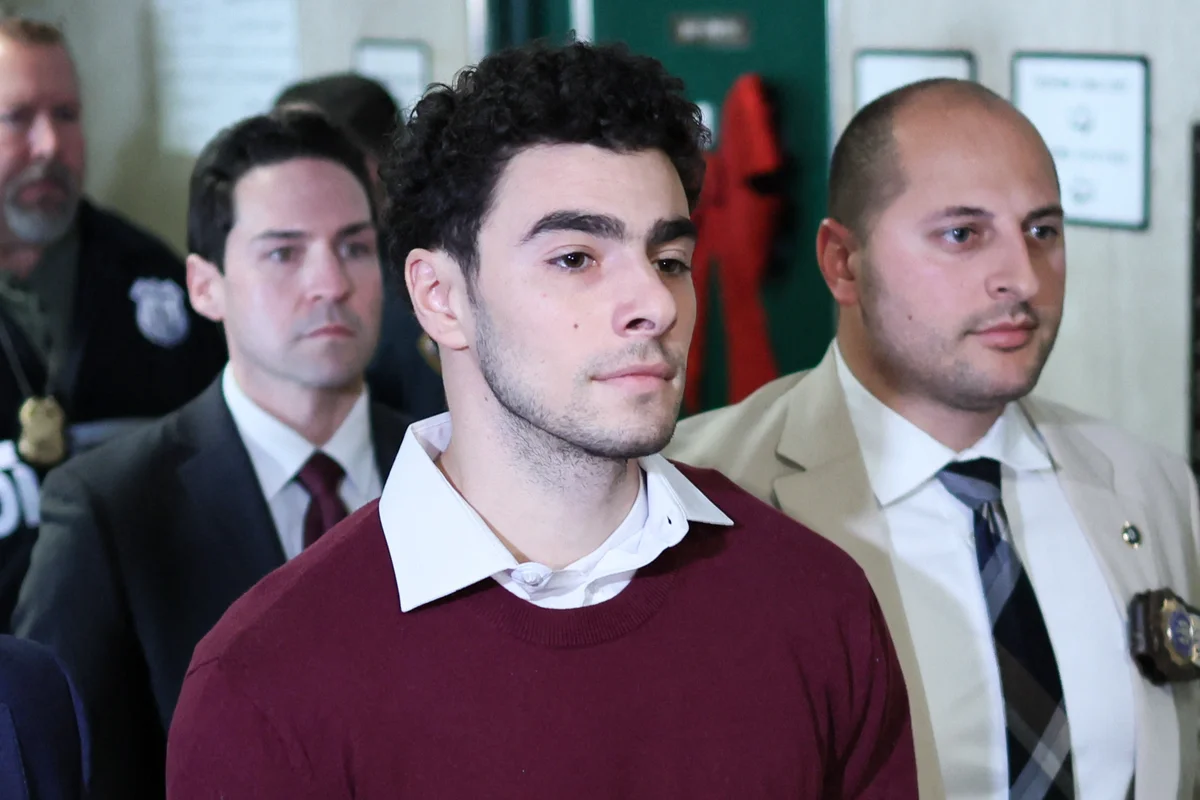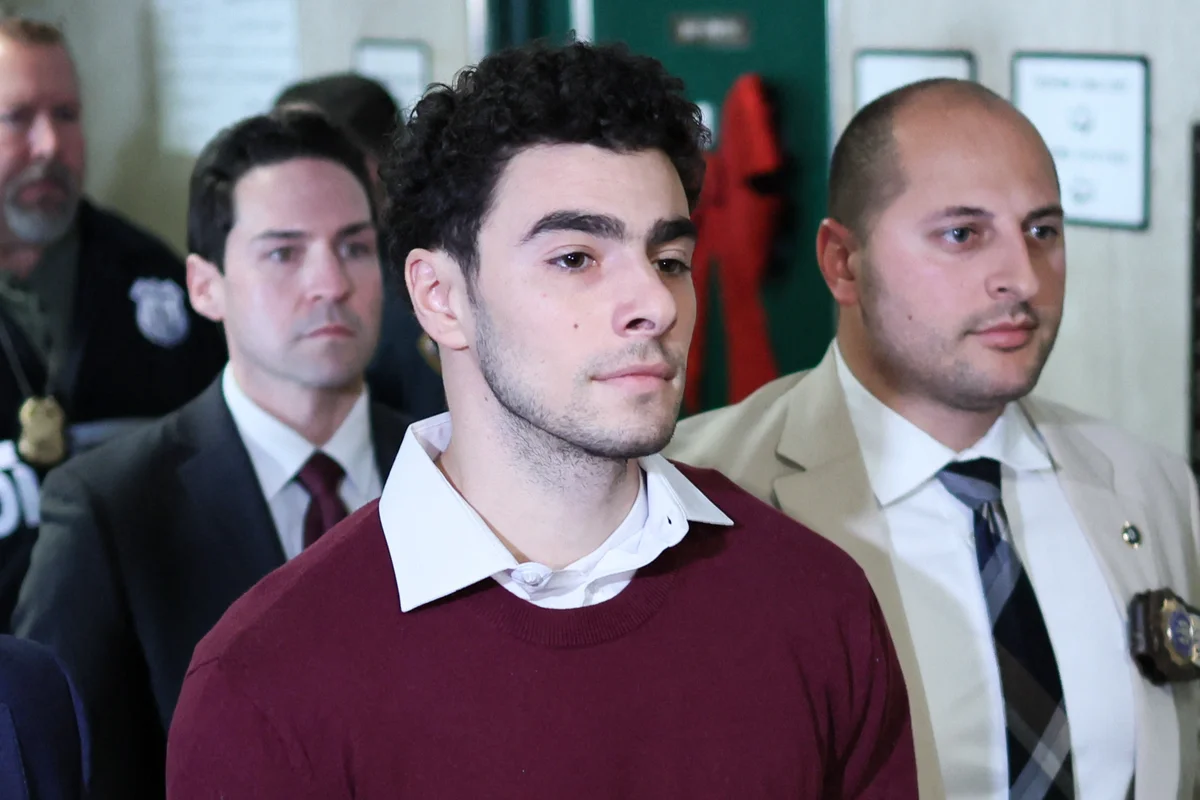Luigi Mangione’s sweater sells out at Nordstrom one day after court appearance
Luigi Mangione’s sweater sells out at Nordstrom one day after court appearance

www.independent.co.uk
Luigi Mangione’s sweater sells out at Nordstrom one day after court appearance
